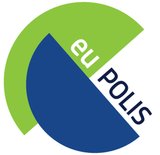Citizens demand Healthy Cities
The euPolis project has reached an important milestone. Four Front-Runner (FR) cities: Copenhagen, Lodz, Belgrade, and Piraeus have conducted voluminous surveys among the citizens of chosen demo locations in each city, along with educational workshops, aiming to map the people’s daily urban challenges, but also to ensure broad participation, as one of the main euPolis’ pillars is bottom-up decision-making in the urban planning process.

Engaging with citizens in all four FR cities revealed different sets of challenges their inhabitants deal with, but also a determination to participate, contribute and thus, alter, for one, the quality of the urban environment, and two, empower the participation processes, and implementation of citizens’ knowledge, and expertise into future urban planning.
For Copenhagen’s neighborhood Pileparken (Gladsaxe municipality), despite a very high-quality environment and systematic support by the local government towards blue-green development, it is the social connection that is the biggest challenge. So the Gladsaxe team’s task is to use the NBS as a social glue. This way, bringing nature back to the city would significantly empower neighborly bonding, thus improving the quality of life, and mental health of the citizens.
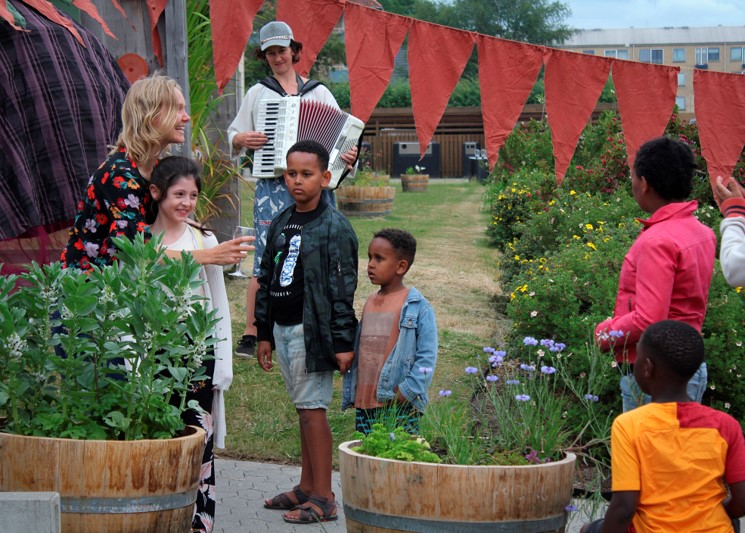
The Łódź demo location is nowadays mostly used as a shortcut between more active neighborhoods with vibrant social life. Most of the users do not spend there more time than the daily commute requires from them. They either visit the demo location on their way to work or drop their kids at the kindergarten located there. That is because neither the presence of the kindergarten nor the fact that the area is mostly inhabited by older residents creates a vivid and welcoming atmosphere. In fact, at the first glance, the demo location makes quite the opposite impression. It is dark with devastated urban furniture (i.e. old benches disfigured with graffiti) and unattended greenery (i.e. trees in need of dendrologist attention and bushes asking for a trim).
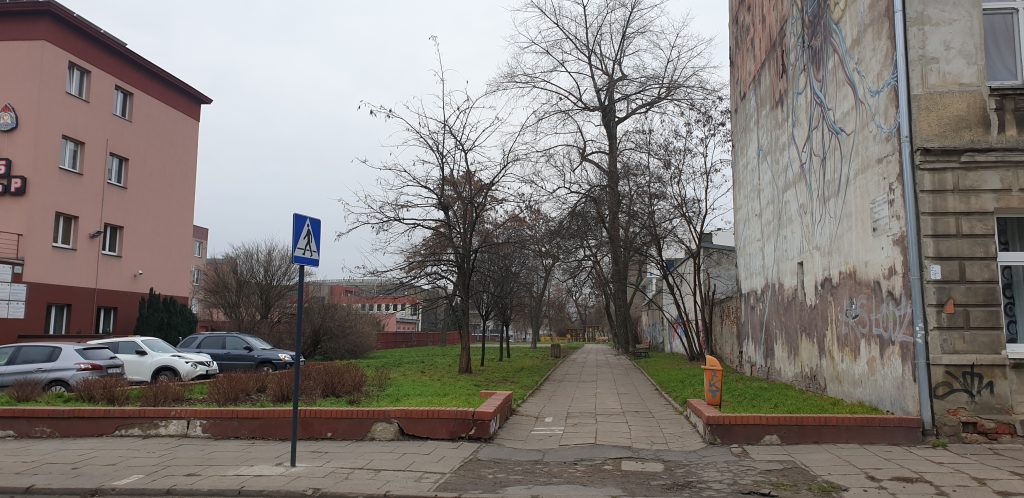
The purpose of the Belgrade workshop was to map the health challenges of the nearby citizens, but also their preparedness, knowledge, and overall interest to take part in future processes of implementing nature-based solutions. The results show us that, even though many of the participants have previously heard of the term nature-based solutions, the majority don’t really know how they work, how they can be implemented, or what the results may be. On the brighter side, almost all of them are aware that the microclimate around just one small area like the mentioned pocket park, can significantly affect people’s health, but also that improving the quality of the park can create a better, healthier atmosphere with better chances for co-creation and joint decision-making.
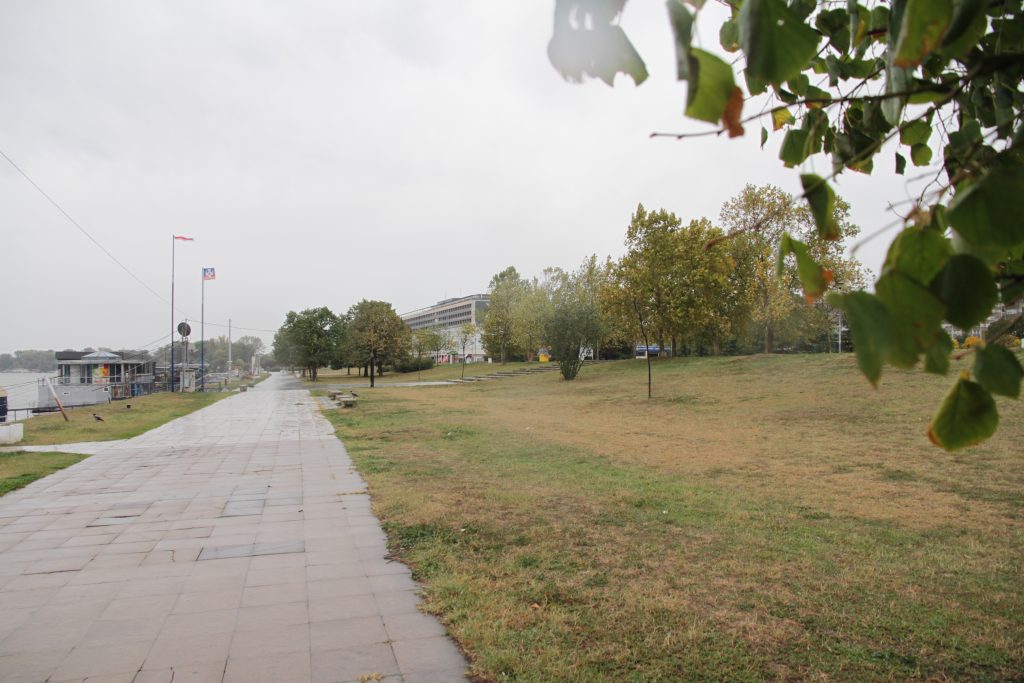
In Piraeus, the euPOLIS experts came to the conclusion that the demo site area is of a hyper-local interest area and many visitors are using the demo site facilities for education, sports, and entertainment activities. The main kind of problems which are identified are the lack of cleanliness, lack of green spaces and recreation areas (parks, meeting places, etc.), unsustainable urban mobility, ruined sidewalks, lack of pedestrian and bike lanes, lack of parking spaces, non-utilization of inactive public spaces and buildings, traffic and noise pollution.
Furthermore, the respondents for Akti Dilaveri and Microlimano demo sites think that additional cultural, athletic, eco-educational and community activities could be hosted in the demo site/case locations.
The respondents for Ralleion Pilot Complex School were asked about the necessity of planting in the schoolyards and the quality and quantity of the existing planting. All of them answered that “the presence of greenery is necessary and contributes to the improvement of the microclimate and the air quality of the schoolyard” and “it is important for children to come in contact with plants”. They think that the presence of greenery in the school contributes to the environmental awareness of the students and most of them believe that could help to improve the students’ school performance and their nutrition, too.
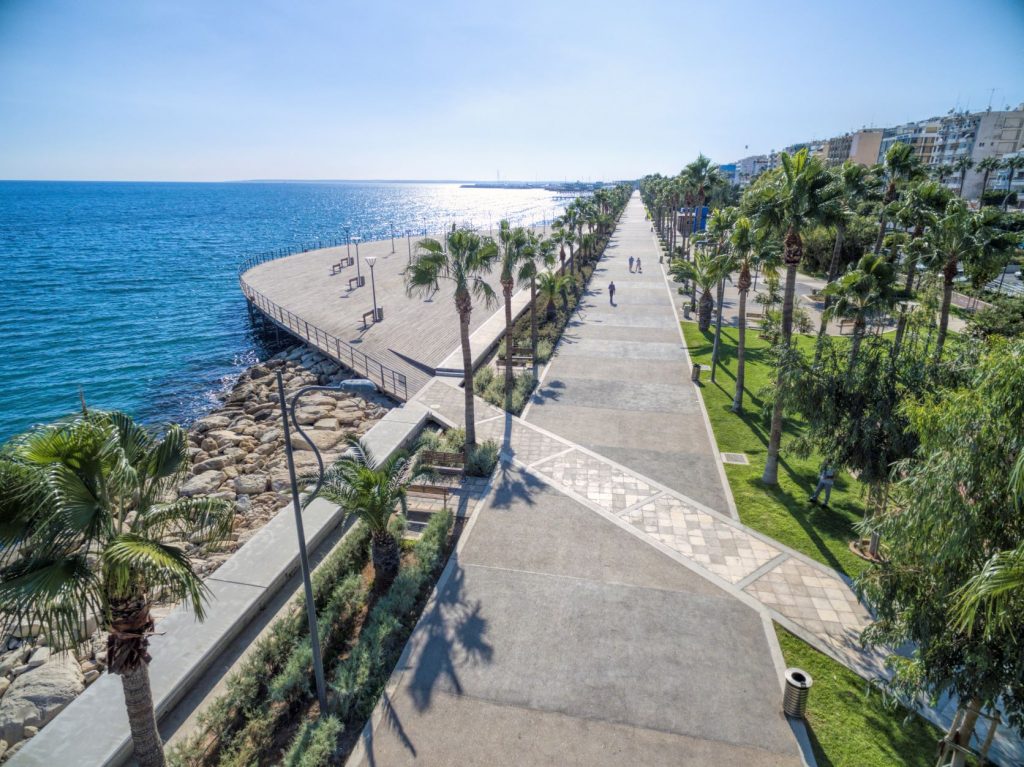
The euPOLIS is also a part of four cluster projects that include GO GREEN ROUTES; IN-HABIT and VARCITIES, funded under the H2020 “Visionary and integrated solutions to improve wellbeing and health in cities”. Besides that, euPOLIS experts are constantly making connections to other possible clusters.
All these data and joint efforts with other projects are to provide the holistic euPolis innovative approach which aims to integrate the NBS with social aspects of healthy living and well-being in urban environments. For example, according to mapped challenges, our experts’ team will create a unique NBS impact for each demo location in each Front-Runner and Follower city. These experimental Blue-Green NBS parks will then serve as a knowledge base for all other cities around the world, to alter their urban planning matrix.
